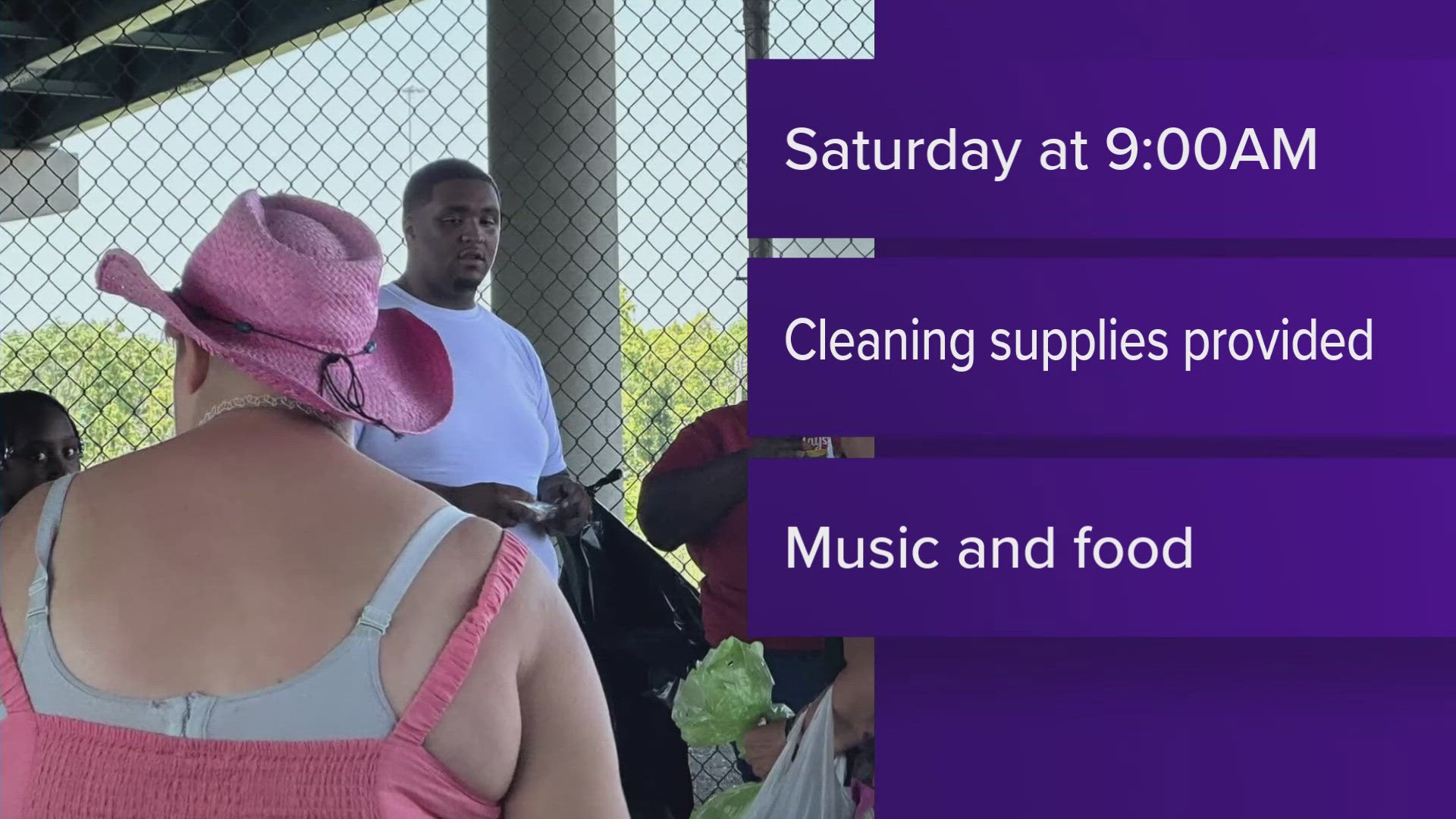Never in American political history have hacked and stolen emails played such a central role in a presidential campaign. But hackers are likely to target you as well – though perhaps with smaller repercussions for the world as a whole.
Every one of October’s surprises, from the leaks of Clinton campaign chairman John Podesta’s purported emails to those of the Democratic National Committee, was achieved using a surprisingly simple email deception technique called “spearphishing.” The same technique was used to attack Hillary Clinton’s private email server: Two spearphishing messages were found on it.
Many people know that the term “spearphishing” typically describes emails trying to get someone to click on a link to, say, their online bank account – but actually sending them to a lookalike site where their login information can be stolen. Some others hide malicious software (or “malware”) within links or in attachments that when clicked give the attacker control of the system or even an entire corporate network.
But despite years of national efforts to promote cybersecurity, spearphishing remains fruitful: People are still the weakest links in cybersecurity defenses. There are, however, simple ways we can all step up to protect our own information – whether we’re central to presidential politics or regular people.



